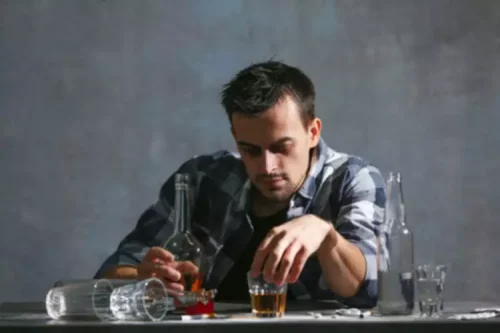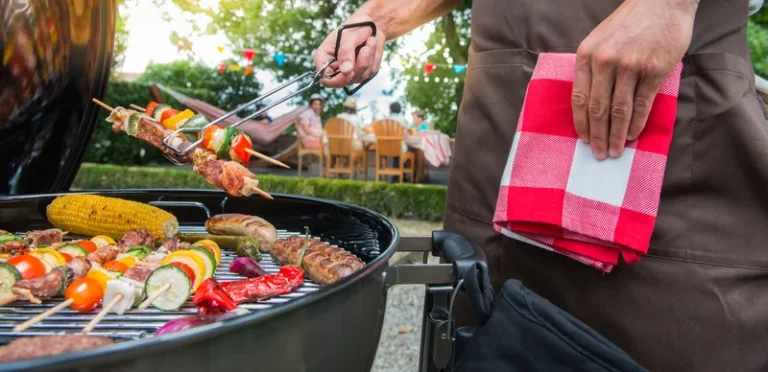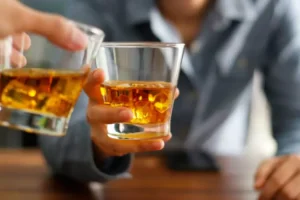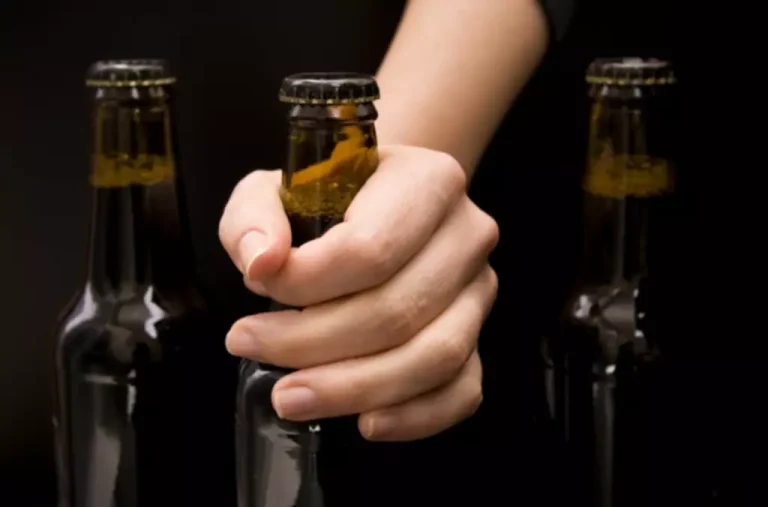
Taking controlled substance prescriptions like opioids or benzodiazepines the wrong way can kill. Identify other factors in your life—relationships, work—that can help take the focus off addictive behaviors. It is possible to overcome shame—by driving right through it. Neuroscientist Adi Jaffe, Ph.D., https://ecosoberhouse.com/ who himself recovered from addiction, outlines five steps. • Empowerment—finding the wherewithal to cope with recovery and the challenges of life, which breeds a sense of self-efficacy. • Meaning and purpose—finding and developing a new sense of purpose, which can come from many sources.
- Individuals with experience and expertise may find a route to full employment by first being willing to offer their skills pro bono or as a volunteer to businesses or nonprofit organizations in their field.
- Physical activity can help you work through your anger and also reap the benefits of mood-boosting endorphins.
- Having a plan will make you feel more confident and set you up for a successful vacation that fits your recovery goals.
- It’s always a good idea to let those in your support network know you will be traveling and may be in need of some extra support.
- On the flip side, vacations can have a positive impact on your recovery when handled properly.
- Withdrawal symptoms are uncomfortable and can make quitting hard or cause a relapse.
Where Can I Learn More About Vacationing Sober?
- Triggers can also occur unexpectedly, making you more vulnerable to a relapse.
- Traveling often exposes you to various triggers and can confront you with temptation.
- Getting exhausted, skipping meals, or eating junk food lowers your ability to deal with triggers healthily.
- Exercise, listening to music, getting sufficient rest—all can have a role in taking the focus off cravings.
- Taking Suboxone (buprenorphine/naloxone) with other opioid medicines, benzodiazepines, alcohol, or other central nervous system depressants can cause breathing problems that can lead to coma and death.
It’s hard to leave addiction behind without constructing a desirable future. The best way to handle a relapse is to take quick action to seek help, whether it’s intensifying support from family, friends, and peers or entering a treatment program. One advantage of mutual support groups is that there is likely someone to call on in such an emergency who has experienced a relapse and vacationing in recovery knows exactly how to help. For some people, committing to complete abstinence is not desirable or is too daunting a prospect before beginning treatment. Many people desire only to moderate use and bring it under control. In fact, there is growing support for what is called harm reduction, which values any moves toward reducing the destructive consequences of substance abuse.
Stay Connected
- Anxiety and depression are common in recovery, especially if you have a co-occurring disorder.
- If you are someone who finds peace through nature, scope out some outdoor active activities such as kayaking, snorkeling, and rock climbing.
- If you know it will be hard to get through the airport without stopping for a beer, make an action plan to handle that trigger.
- If you are thinking of taking a sober vacation, some advance preparation and research can make the most of your time away.
Whether you decide to rent an RV, go glamping, or become one with nature, a getaway on the road can be thrilling – especially if you plan to stop at a few roadside attractions along the way. Don’t overwhelm yourself, but make it a point to avoid too much downtime, which can lead to temptation. Call ahead and pre-plan activities that will encourage and inspire you and ultimately promote your recovery. The point is to confirm that you don’t need drugs and alcohol to enjoy yourself.
- Studies show that families that participate in treatment programs increase the likelihood of a loved one staying in treatment and maintaining gains.
- Let them know what you’re dealing with and what you’ll need to avoid.
- Additionally, if you’ve always been intoxicated during previous holidays, you may feel it’s impossible to relax or have fun without being drunk or high.
- Thanks to technology, staying connected is easier than ever.
“Honestly, Workit Health is the best choice I’ve ever made.”

Travel companions who aren’t on a recovery journey or those who opt to overindulge and experiment with drugs during vacations can make it hard for you to remain sober. If you feel you need additional support in planning your vacation or in your recovery in general, don’t hesitate to ask for help. Recovery groups like those at Jackson House Recovery Centers can offer you the camaraderie and tools you need to lead a happy and adventurous life. Sober Celebrations helps individuals in recovery travel without fear of relapsing by hosting a few trips each year to places all over the globe. Each vacation package includes keynote speakers, 12-step meetings, 24-hour fellowship, Al-Anon meetings, and excursions. Hooked, founded in 2021, offers alcohol-free travel that’s meant to inspire self-discovery through healthy hands-on experiences.
More Tips for Planning Your First Sober Vacation

Another widely applied benchmark of recovery is the cessation of negative effects on oneself or any aspect of life. Many definitions of recovery include not only the return to personal health but participation in the roles and responsibilities of society. If you’re traveling with friends or family members, small disagreements are almost guaranteed.

How to Prevent Opioid Addiction Effectively



